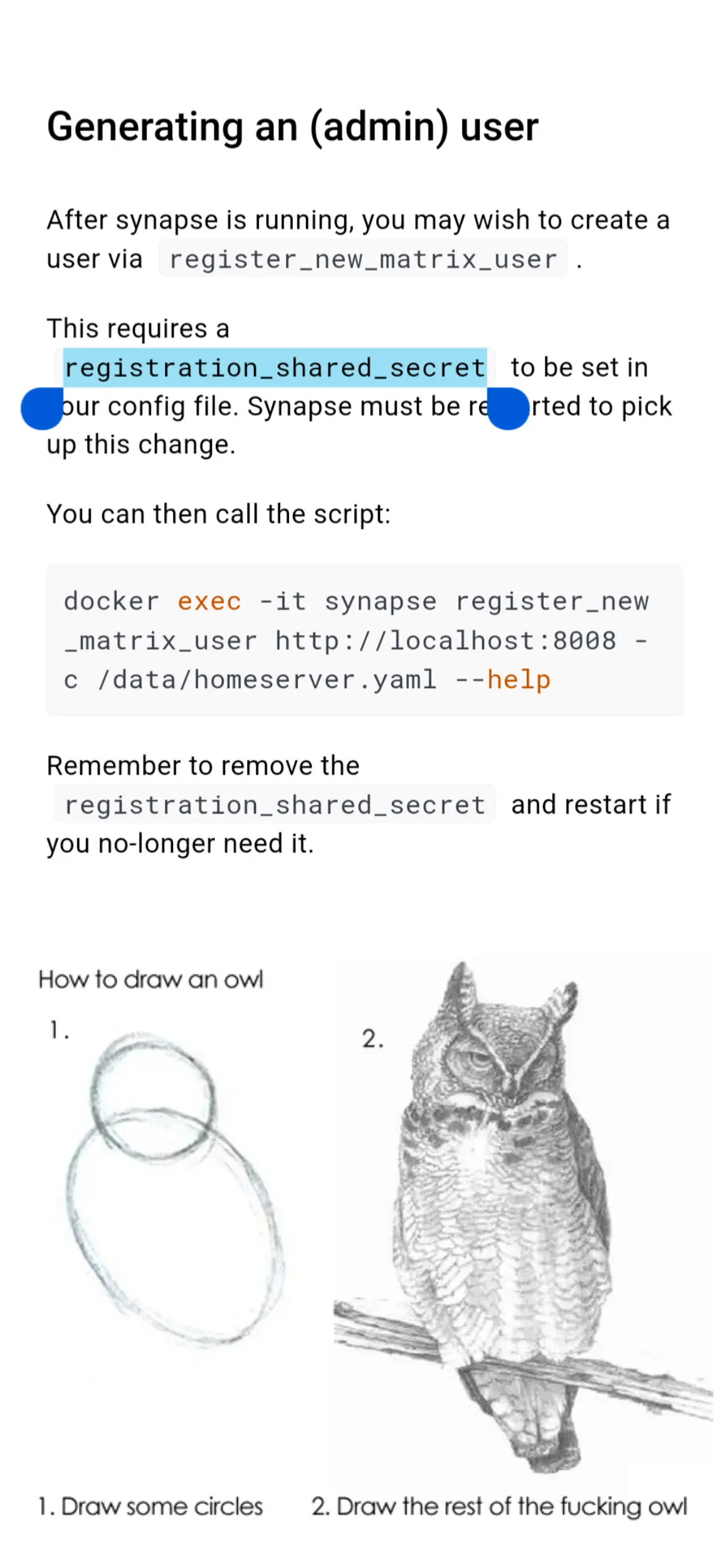Selfhosted
A place to share alternatives to popular online services that can be self-hosted without giving up privacy or locking you into a service you don't control.
Rules:
-
Be civil: we're here to support and learn from one another. Insults won't be tolerated. Flame wars are frowned upon.
-
No spam posting.
-
Posts have to be centered around self-hosting. There are other communities for discussing hardware or home computing. If it's not obvious why your post topic revolves around selfhosting, please include details to make it clear.
-
Don't duplicate the full text of your blog or github here. Just post the link for folks to click.
-
Submission headline should match the article title (don’t cherry-pick information from the title to fit your agenda).
-
No trolling.
Resources:
- selfh.st Newsletter and index of selfhosted software and apps
- awesome-selfhosted software
- awesome-sysadmin resources
- Self-Hosted Podcast from Jupiter Broadcasting
Any issues on the community? Report it using the report flag.
Questions? DM the mods!
view the rest of the comments

But this is some Docker shit. For myself Docker always feels a little corporate. It's just not very conventional with these multiline commands just to run a command inside a container. Especially the obligatory "-it" to fucking see anything. It's not really straight forward. But if you get used to it and you can make a lot of aliases to use it more easily.
I work in an 'essential service' environment for my main gig, where lots of checks and cross-checks need to exist. And it's one that's been under constant low-grade attack forever as it contains a LOT of tasty PII (personal info) and therefore has regs hammering it into shape. Docker cannot play here - and neither can Debian, actually, nor its derivatives - because it lacks the signed validation available in peer products sharing its space. As soon as the adults show up and notice a product with reduced validation is in place where a better one exists, the people owning that system have to write a life-cycle plan to upgrade, and it's reviewed at an almost punitive frequency.
So, if you're saying it's a little too Corporate, I'm thinking you mean 'suits and power lunches' and not 'large scale management of crucial systems and essential data'. True?
Tbh, I've never worked in such an environment. I know somebody who told me similar things and I would love to hear more about this to form my own opinion on this. But it's just not that deep. When I say corporate, I mean it's full of GUIDs and only machine-readable names, commands and configs. It's also most of the time not designed with the flexibility in mind and covers only the most commonly (used by the company supporting it) use cases. It just doesn't have the free spirit which most of the open source tools, which are designed with humans in mind, have. If you need to supply a parameter to get output from a command that is often run manually while you could also have one to deactivate output for script usage. This seems like the wrong way to go.